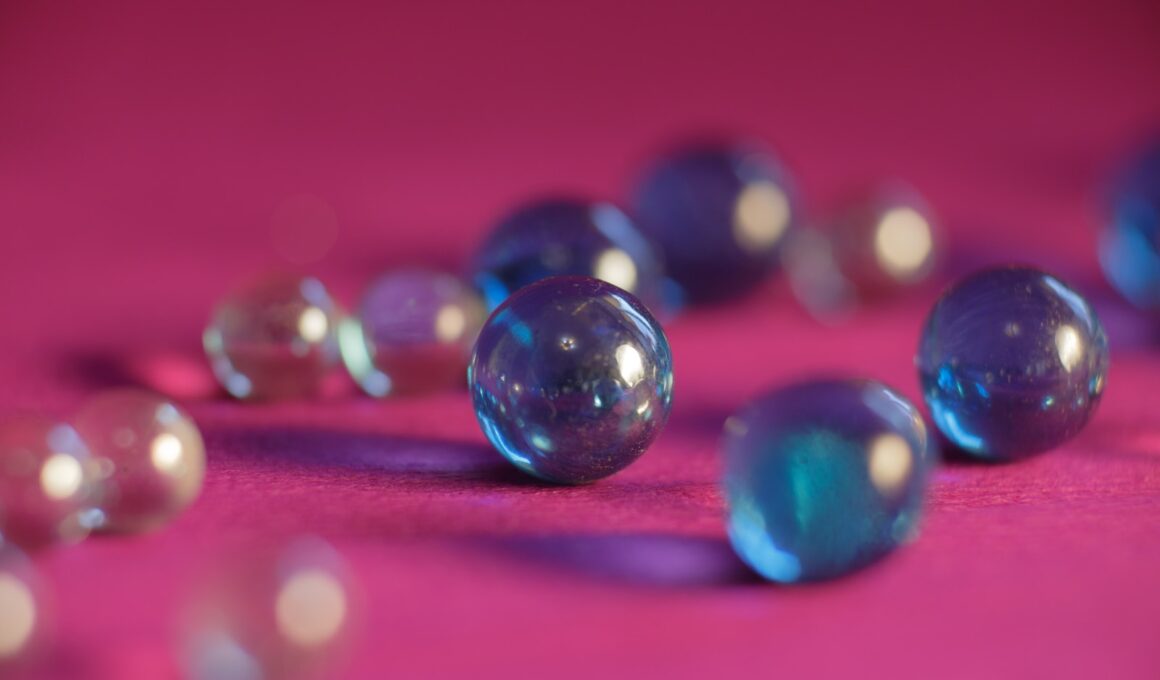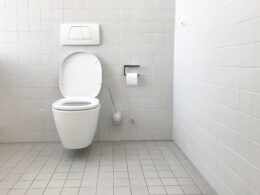Women are often concerned about losing tightness in the vulva due to childbirth and aging. The good news is that the muscles are very elastic and can return to their former shape quite easily with time.
There are plenty of methods made popular by TikTok that claim to tighten the vulva, but many are not rigorously tested and may be unsafe. Here are some effective and safe options to consider.
1. Kegel Exercises
Kegel exercises strengthen the pelvic floor muscles, a group of muscles that spans the bottom of your pelvis. These muscles help your urethra and rectum seal shut, preventing leakage of urine or stool. They also prevent prolapse (when your organs like the uterus and bladder fall out of place) and can even help you achieve stronger orgasms.
Though many people think of Kegels as a vaginal tightening exercise, it’s important to note that the muscles in your vagina can’t be trained to increase their tightness. Instead, Kegel exercises can strengthen the pelvic floor muscles, which can decrease urinary incontinence and improve sex life.
To do a Kegel, hold your muscles for several seconds and then release them – This section is authored by the website’s editor https://sexfoxguide.com. If you have trouble finding the right muscles to target, try imagining that you’re trying to stop yourself from peeing or place a finger inside of your vagina. You should feel a slight pressure around your finger. If you still don’t know where to find these muscles, your doctor can provide further guidance or perform electrical stimulation to recreate the sensation of a Kegel.
Start with a few sets of 10 to 15 Kegels per day and work your way up to three or more daily repetitions. Be sure to relax your muscles between each squeeze, as well. You can do Kegels on the go — while waiting at a stoplight, in an elevator or even standing in line for groceries.
2. Ben-Wa Balls
Many women are aware of the power of Kegel exercises to strengthen the pelvic floor muscles. They’ve been used for centuries to reduce urinary incontinence, boost sexual pleasure and promote a healthy vagina. But they can be even more fun when used with Ben Wa balls, also known as kegel exercisers or jiggling toys.
Ben Wa balls are small weighted balls that can be inserted in the vagina to improve muscle tightness and increase orgasms. They are often worn in pairs and may have a string that dangles between them to make them easier to pull out. Though they gained popularity when they were mentioned in a steamy 50 Shades of Grey scene, they have been around for centuries-since about 500 CE, according to some.
According to ob-gyns, Kegel exercises and Ben Wa balls can help to strengthen the pelvic floor muscles, or PC muscles. These muscles can become weakened by many factors, including pregnancy, surgery, GI issues that cause strain and respiratory problems like chronic coughing. They can also be weakened by being overweight.
To use Ben Wa balls, a woman should first be familiar with performing Kegel exercises. Then, she should lubricate the balls before inserting them into her vagina. Once she is comfortable with using them, she can move the balls in and out or simply leave them in her vagina for increased stimulation during sex.
3. Legs Ups
While most people rely on ab exercises and leg lifts to strengthen their core muscles, there are also some effective exercises that focus on the pelvic floor. These exercises can help to tighten your vagina and restore the elasticity lost during pregnancy and childbirth. It is important to concentrate on isolating the muscles that are being targeted, so be sure to practice the exercises with this in mind.
Performing leg raises while lying on the floor is an excellent exercise that will work the muscles of your lower abdomen, buttocks and legs. You can perform this exercise at any time of the day, and try to do as many reps as possible. You can also try doing medicine ball sit-ups, which are more advanced and focus on the lower abdomen and hip muscles.
Another great option for strengthening your pelvic floor muscles is to do yoga poses that focus on the vulva area. For example, the Happy Baby pose (also known as Ananda Balasana) is a relaxing stretch that helps to stretch and tone the muscles of your vulva. You can also try other yoga poses like the Bridge, Titli asana, Prasarita Padottanasana, and Supta Vajrasana to help with your vulva muscle tightening.
There are also devices that are specifically designed for pelvic floor exercises, such as vaginal cones and the Ben-Wa balls. These devices can be inserted into the vagina, and they are designed to be worn for 15 minutes per day. They are available in various shapes and weights, so you can find the right fit for your needs.
4. Vaginal Cones
A loose vagina can be a very frustrating and embarrassing condition. It can cause you to inadvertently leak urine or pass gas, make you hesitant to exercise or use the toilet because of discomfort, and can even make it painful for you to have sex or give birth. It can also impact your sexual pleasure and self-esteem.
There are many things that can cause a woman’s vagina to loosen, including pregnancy, childbirth, and aging. It’s important to remember that your vagina is elastic and can stretch, but it will usually snap back to its original shape once the pressure is off of it. Women who experience a significant loss of elasticity should visit their doctor or gynecologist to determine the underlying cause.
Many women find it difficult to identify their pelvic floor muscles or to contract them correctly when doing Kegel exercises. To help, some researchers have developed weighted vaginal cones (Peattie 1988b; Plevnik 1985). They’re small weights with bulbous ends that sit inside the vagina with one end in and the other out. Women have to voluntarily contract their pelvic floor muscles to hold the cone in place. This exercise has been shown to be effective in treating female urinary stress incontinence (SUI) and may be particularly beneficial for those who are unable or unwilling to undergo non-conservative treatment options such as surgery or pelvic acupuncture.









